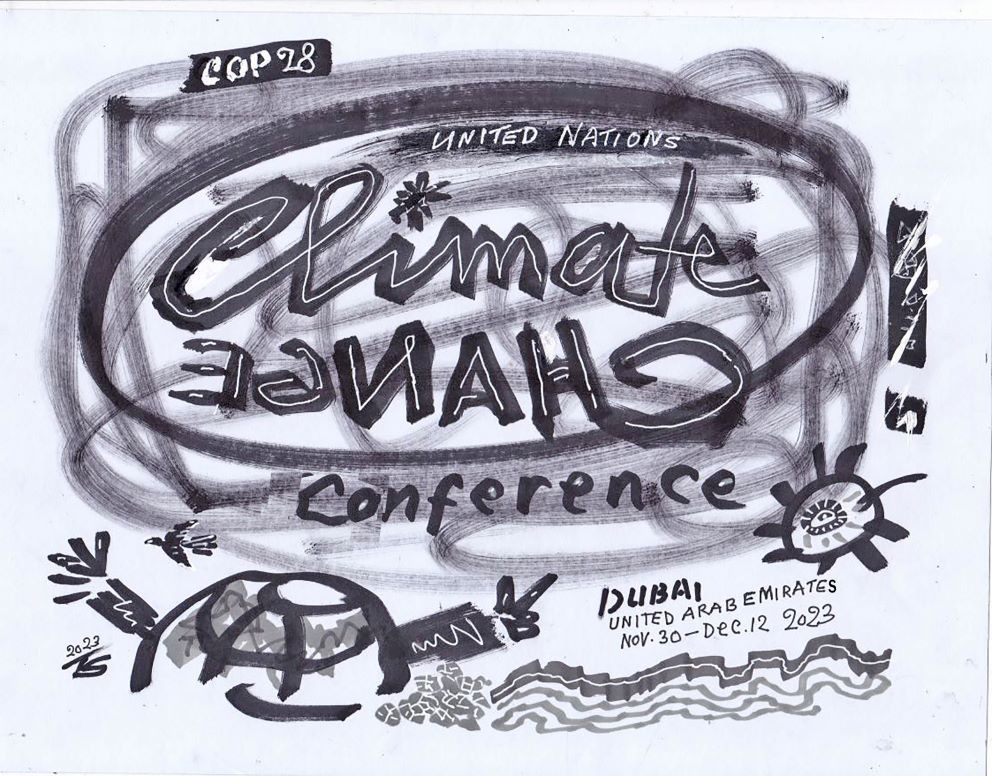Popular Reads
Top Results
Can't find what you're looking for?
View all search resultsPopular Reads
Top Results
Can't find what you're looking for?
View all search resultsCOP28: Surely, we can do better
On climate change, looking at what can only be described as modest targets, Indonesia is a follower, not a leader.
Change text size
Gift Premium Articles
to Anyone

It is hugely disappointing that Indonesia has brought nothing new to the ongoing United Nations conference on climate change (COP28) in Dubai.
Indonesia is blessed with so many alternative clean and renewable energy resources, from solar, geothermal and wind, to hydro and biofuels, perhaps more than many other country in the world, that we believe we could go much faster than the current government strategy to transition toward clean energy.
Currently, the government is aiming to raise the share of renewable energy to a mere 23 percent by 2025, and even then this seems like a struggle. Indonesia is sticking to the target of 2060 at the latest to reach net-zero carbon emissions. We know, given the political will, we can do much better than this.
President Joko “Jokowi” Widodo could have conveyed stronger pledges in his speech before 140 other world leaders in Dubai and shown leadership in the current international campaign to limit the long-term rise in global temperatures to 1.5 degrees Celsius.
Indonesia has all the credentials to meet its aspirations to be a global leader. It is one of the largest nations on earth and now an upper-middle income country and it is still growing.
We have shown leadership on a whole range of issues in the past, including some peace initiatives and greater economic equality. On climate change, looking at what can only be described as modest targets, Indonesia is a follower, not a leader.
There is nothing wrong with the government’s climate change strategy. Indonesia is cutting back on the use of coal, which is still the main driver of its power-generating plants, and it is starting to cut back on the use of oil and gas. These efforts run concurrently with the growing use of renewable energy resources.
We are already doing what most other countries are doing. It is just that we are not moving fast enough in making the transition to clean energy.
Where our strategy goes wrong, and a major factor that seems to slow down the transition, is in the government making these steps conditional on the availability of money to finance the necessary huge investment. Worse, the government is expecting that a large part of the money should come from overseas, in the form of grants if possible.
Indonesia has been pressing developed countries to make good on their pledge, made during the Group of 20 Summit in Bali in 2022, of US$20 billion under the Just Energy Transition Partnership. With the money not forthcoming, the government is already scaling back on its plan to retire coal-powered plants. Instead of talking about phasing out coal, the government is now talking about phasing down, meaning slowing down the transition.
“The Paris Agreement and net-zero emission targets can only be reached if we can address the issue of financing the energy transition. From here, the global problem can be resolved,” President Jokowi said in his speech in Dubai. The Paris Agreement refers to the 1.5-degree target.
Indeed, financing the transition by developed countries falls under the climate justice question, whereby the wealthy nations, since they are the largest emitters by way of their economic activities, will cover most of the $275 trillion needed for the world to make the transition from fossil fuels to renewable energy.
Jokowi in his speech may be echoing the sentiments of developing countries, but he would make his case stronger if Indonesia led by example, meaning no less than taking the bold steps to move faster with the energy transition, without waiting for the money to come first.











